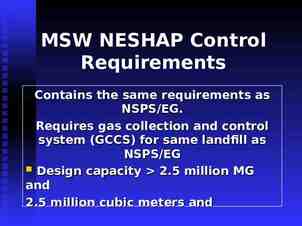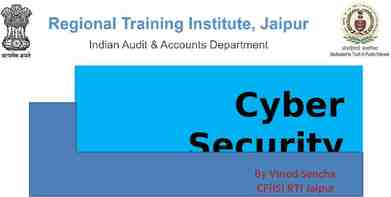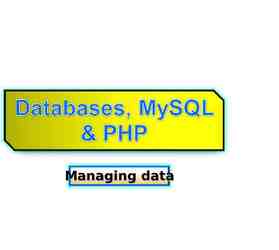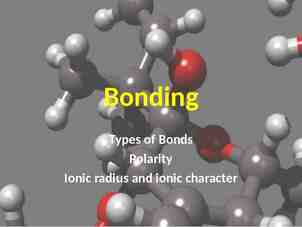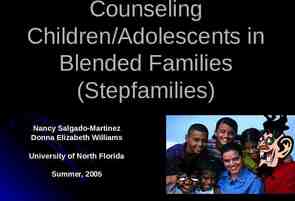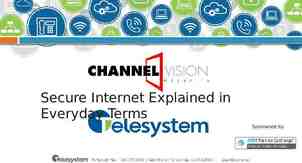Session 5: Content and Activities Heather Rippetoe Center
27 Slides3.39 MB

Session 5: Content and Activities Heather Rippetoe Center for Innovation in Teaching and Learning

Content and Activities 4. Content and Activities 29. Course offers access to a variety of engaging resources that facilitate communication and collaboration, deliver content, and support learning and engagement. 30. Course provides activities for learners to develop higher-order thinking and problem-solving skills, such as critical reflection and analysis. 31. Course provides activities that emulate real world application of the discipline, such as experiential learning, case studies, and problem-based activities. 32. Where available, Open Educational Resources, free, or low cost materials are used. 33. Course materials and resources include copyright and licensing status, clearly stating permission to share where applicable. 34. Text content is available in an easily access format, preferably HTML. All text content is readable by assistive technology, including a PDF or any text contained in an image. 35. A text equivalent for every non text element is provided (“alt” tags, captions, transcripts, etc.). 36. Text, graphics, and images are understandable when viewed without color.

Session 5 Agenda What are 21st century skills? How can our assessments foster 21st century skill development? What digital tools can students use to practice and demonstrate 21st century skills?

What are 21st Century Skills? Where did they originate? How are they important for students? For education?

Helen Soule, Partnershi p for 21st Century Skills

More about the 4Cs Care et al., 2018

What are the 21st century skills? Care et al., 2018

"Digital literacy competencie s" Critical thinking Creativity Collaboration Communication Information literacy Media literacy Technology literacy Flexibility Leadership Initiative Productivity Social skills Silber-Varod, Eshet-Alkalai, & Geri, 2019

And there's more. Ericksen, 2020

How can our assessments foster 21st century skill development? Are our current assessments enough? How do I design assessments to encourage creativity over consumption?

Agree or disagree? “Some kinds of assessments are no longer relevant to contemporary workplaces which are immersed in digital technologies.” Bearman, Nieminen, and Ajjawi, 2022

From "Reimaging the student experience—A new focus for assessment" David Boud, 2022

What do your students need to be able to do beyond your course?

Digital Creativity "At the intersection of digital technology and creativity is the emerging domain of digital creativity (Lee and Chen 2015). Digital creativity is the use of ‘digital tools and technologies to explore creative ideas and new ways of displaying your ideas, research, or work’ (University of York 2019, 1). Digital creativity involves the use of digital technology to open up new ways of thinking, to create new juxtapositions and ways of communicating data and historical materials." Janse van Rensburg, Coetzee, & Schmulian, 2021, p. 1-2

Creative storytelling? One Million Lost

What digital tools are you already using?

What digital tools can students use to practice and demonstrate 21st century skills? What are some free, low-barrier to entry tools? What are some things to consider when creating digital creativity assignments?

Create Comix Sampl e comi c

Timetoast Timeline wit hout picture s Timeline wit h pictures

Piktochart My first picktochart

Canva My first Meme

Cmap Cloud https://cmapcloud.ihmc.us/

My Storyjumper Book My Storybird Book Storyjumper (preferred) & Storybird

Bulbapp My portfolio of digital tools

Acknowledge Recommendatio ns for designing the assessment Acknowledge that tech-savvy students may still have a learning curve with digital tools Share Share the learning outcome Give Give sufficient time Give Give an example of a finished product Include Include a grading rubric

References Battlle for Kids. (2019). Framework for 21st Century Learning Definitions. https://drive.google.com/file/d/11xmPMltqhDZuuV7vrgBU7LDavSMeUBiM/vie Bearman, M. Nieminen, J. H., & Ajjawi, R. (2022). Designing assessment in a digital world: An organizing framework. Assessment & Evaluation in Higher Education. https://doi.org/10.1080/02602938.2022.2069674 Care, E., Kim, H., Vista, A., and Anderson, K. (2018). Education system alignment for 21st century skills: Focus on assessment. Brookings. ED592779.pdf Common Sense Education. (2016). Introduction to 21st Century Skills with Helen Soulé. https://youtu.be/6-NF1FQz2Mk Ericksen, K. (2020). The 21st Century Skills Today’s Graduates Need to Succeed. The 21st Century Skills Today's Graduates Need to Succeed - Collegis Education — Tech-Enable d Higher Ed Solutions

References, continued Ferrell, G., Smith, R., & Knight, S. (2018). Designing learning and assessment in a digital age. Designing learning and assessment in a digital age Jisc Janse van Rensburg, C., Coetzee, S.A., & Schmulian, A. (2021). Developing digital creativity through authentic assessment. Assessment & Evaluation in Higher Education. https://doi.org/10.1080/02602938.2021.1968791 Silber-Varod, V., Eshet-Alkalai, Y., & Geri, N. (2019). Tracing research trends of 21stcentury learning skills. British Journal of Educational Technology (50)6, 3099-3118. https://doi.org/10.1111/bjet.12753

